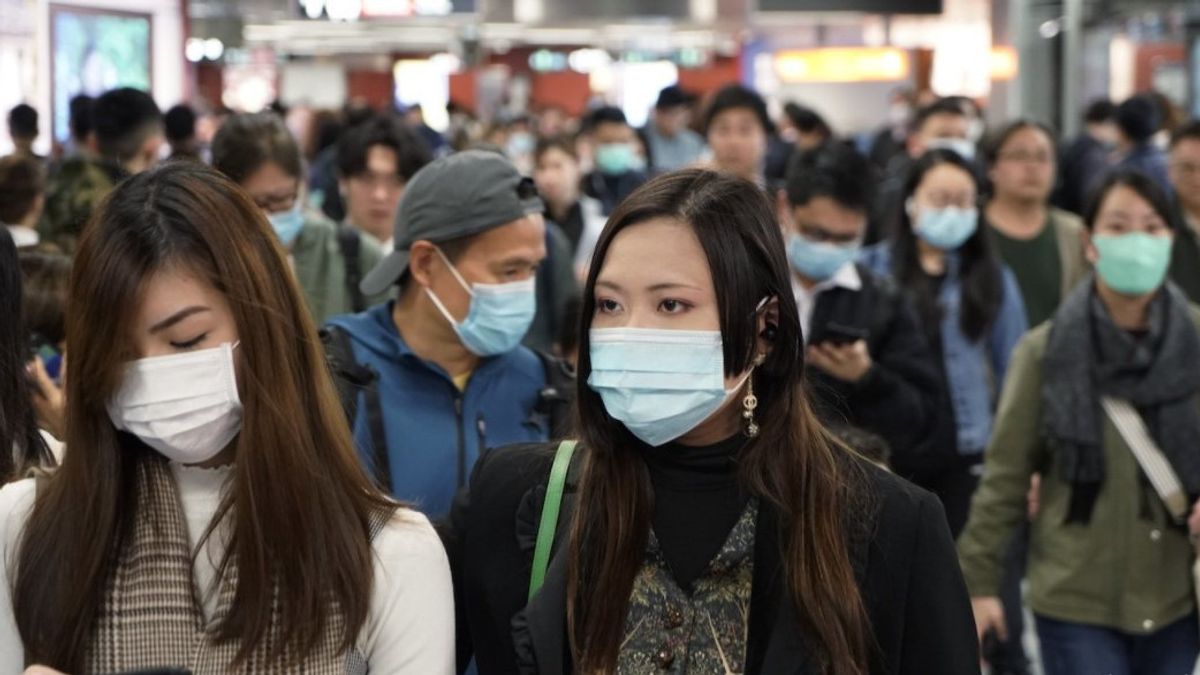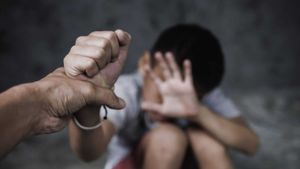JAKARTA - For someone who manages to overcome and go through trauma, the experience can result in something surprising: self-growth in a more positive direction. Not only that, but it also makes one appreciate life more, get closer to someone, to the spiritual changes.
Based on research, almost any humans dealing with traumatic experiences will face an experience called post-traumatic growth. Now, according to a survey that began last year, the experience is felt by those who suffer from traumatic stress due to the COVID-19 pandemic.
Research published last Friday in JAMA Open Network found that post-traumatic self-growth faced 40 percent of the 3,000 participants. The data retrieval process itself was led directly by Dr. Robert H. Pietrzak, professor of psychiatry at the Yale School of Medicine.
During the data collection process, the researchers questioned thousands of military veterans as participants. A series of questions are directly related to personal changes experienced by a person during the pandemic.
"For example, do they value life more, become closer to friends and loved ones, develop a deeper spiritual understanding, and feel able to do something better in life," Dr. Robert wrote in the study titled "Association of Symptoms of Posttraumatic Stress Disorder With Posttraumatic Psychological Growth Among US Veterans During the COVID-19 Pandemic".
SEE ALSO:
Exposure to COVID-19 Makes People More Positive, But...
Dr. Robert and the team found that respondents who were exposed to POSITIVE COVID-19 had a greater potential to experience post-traumatic conditions than those who were not exposed. The findings, which relate to previous research into the mental state of military veterans, come as no surprise to Dr. Robert.
"Growth is facilitated by struggle. To some degree, you need to have these traumatic symptoms to grow," explained Dr. Robert.
According to Dr. Robert, the process of struggling to cope with post-traumatic can not be equated with certain parties who use lockdown to optimize productivity. On the other hand, those who do not experience it also cannot immediately be considered a failure.
Instead of using it to criticize people in certain regions who fail to deal with pandemics, Dr. Robert argues otherwise.
According to him, those who have these symptoms get the opportunity to reflect. So, later, it will lead sufferers to positive changes.

"Usually, those who experience changes have excessive thoughts that tend to interfere. But, as time goes by, sufferers (post-traumatic, -ed) will get used to it and begin to be able to control it," said Dr. Robert.
This is not the first study to try to understand the psychological condition of society in the middle of a pandemic. Previously, Dr. Robert had also conducted research on similar themes. But with different questions and methods.
In addition, similar research has also been conducted in China. In the country, researchers observed aspects of post-traumatic growth associated with pandemics from 400 respondents. The study found a concept called "Emotional Creativity".
According to the researchers, the concept relates to the ability to experience and express emotions. And that concept plays an important role in the improvement of a more positive person.
The English, Chinese, Japanese, Arabic, and French versions are automatically generated by the AI. So there may still be inaccuracies in translating, please always see Indonesian as our main language. (system supported by DigitalSiber.id)













